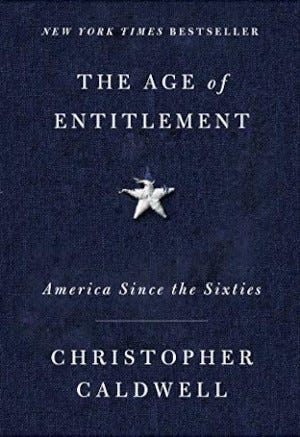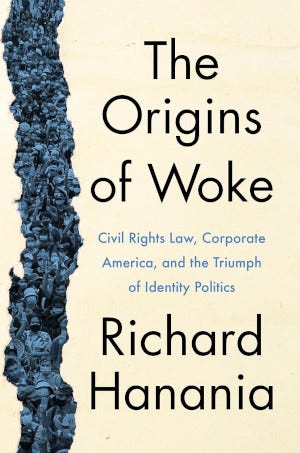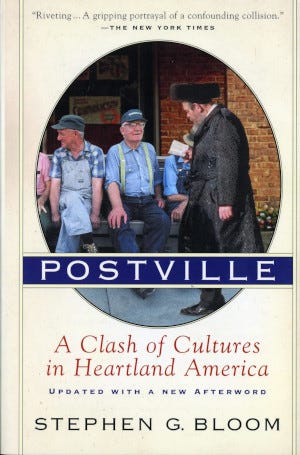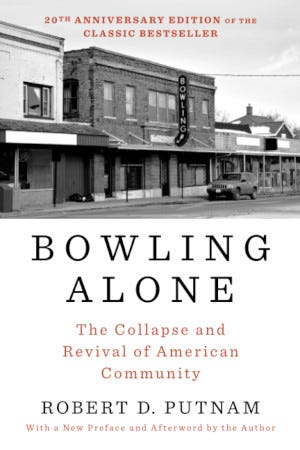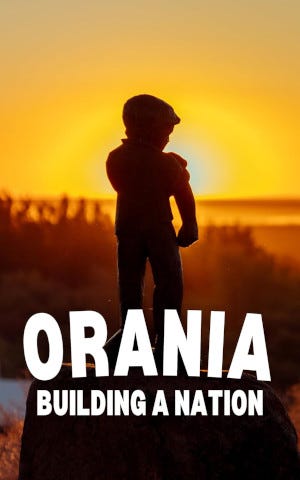Introducing the Free Neighbor Coalition
The Free Neighbor Coalition (FNC) is a network dedicated to defending and supporting the identity and integrity of authentic neighborhoods. We promote “enclavism,” which is about allowing and encouraging Americans to recreate real communities of shared heritage, identity, value system, faith, and political conviction.
What is Enclavism?
An enclave is a space where a specific group of people live, and enclavism is the freedom to choose your neighbors, to create your own enclave. The right to create and live in an enclave is guaranteed by the Bill of Rights in the United States, in the Freedom of Association derived from the First Amendment.
In recent decades, this right to residential enclaves has been jeopardized by the clumsy and sloppy interpretation of civil rights laws and subsequent court precedent. In the rush to grant civil rights to everybody, “special rights” have been granted to some groups and not others, resulting in disastrous downstream consequences and a ticking time bomb threatening to destroy America.
Enclavism is the answer.
Who We Are
While the Free Neighbor Coalition promotes the development of closely knit communities that share a common heritage, identity, value system, faith, or political conviction, the Coalition is especially diverse. The dream of enclavism is for everybody of every race and religion. Ironically, even those who want nothing to do with enclaves and prefer pluralistic, multicultural communities would do well to support enclavism, as it affords those who aren’t on board with diverse communities places and spaces to escape to.
We have nothing in common except the conviction that we should all be allowed to live in communities that have things in common. The FNC is rapidly growing, and you’re encouraged to join if you share our mission.
Our Mission
The Mission of the Free Neighbor Coalition is advancing the legal right for everybody of every heritage, identity, value system, faith, and political conviction to pursue their own enclaves. If you do not support that right for any group of United States citizens, then you do not share our mission.
Recommended Reading
We recommend the following works in order to understand enclavism, understand why enclavism is the answer, and understand how we can promote and pursue enclavism, both politically and personally. Some touch on the legal history behind enclavism falling out of legal favor. Others explore the problems that come with forcing incompatible people to share communities. The final one showcases how enclavism can and will work.
Age of Entitlement, by Christopher Caldwell
Caldwell explores the origins and excesses of Civil Rights legal rulings, from humble beginnings where the legislators who wrote and voted on the legislation promised it would not infringe on Freedom of Association up through Roberta Kaplan’s leveraging of this flawed legislation to impose a Shadow Constitution on America that is eclipsing the original legal foundations of our republic.
The Origins of Woke, by Richard Hanania
Hanania’s work covers similar ground to Caldwell, but with a greater focus on specific prescriptions for rolling back the most egregious errors in modern “woke” civil rights overreach. It’s a rare and valuable departure from merely complaining about “woke,” drilling into how we can begin challenging the corruptions and subversions of our system, restoring Freedom of Association.
Postville, by Stephen G. Bloom
Postville, Iowa is perhaps the most iconic example of how the modern denial of the right of communities to define themselves creates ethnic conflict, destroys public spaces, and leaves broken communities in its wake. Bloom is sympathetic to the Orthodox Jewish community, the illegal and legal migrants from the third world, and the founding stock of Postville, all of whom find themselves pitted in a “clash of cultures” that was caused by bad anti-enclavist legislation.
Bowling Alone, by Robert D. Putnam
Robert D. Putnam is an acclaimed and broadly respected sociologist who applied hard data to the question of residential integration in modern American society, finding that people who don’t share the same heritage, identity, value system, faith, or political beliefs as their neighbors retreat inward. He explores the profound extent of alienation and the disintegration of American public life caused by anti-enclavist legislation. Disregard the second part which is all cope, pretending that he’s hopeful that everybody will figure out how to get along despite their differences.
Orania, by Jonas Nilsson
Orania is an intentional enclave in South Africa designed by and for the Boer minority, a community that is being systematically oppressed by the anti-White South African government. Its success demonstrates how enclavism is the answer to resolve the ethnic, religious, and racial conflicts tearing apart modern multicultural societies. Take a tour of what life can be like in communities where neighbors share more in common than a postal code.



